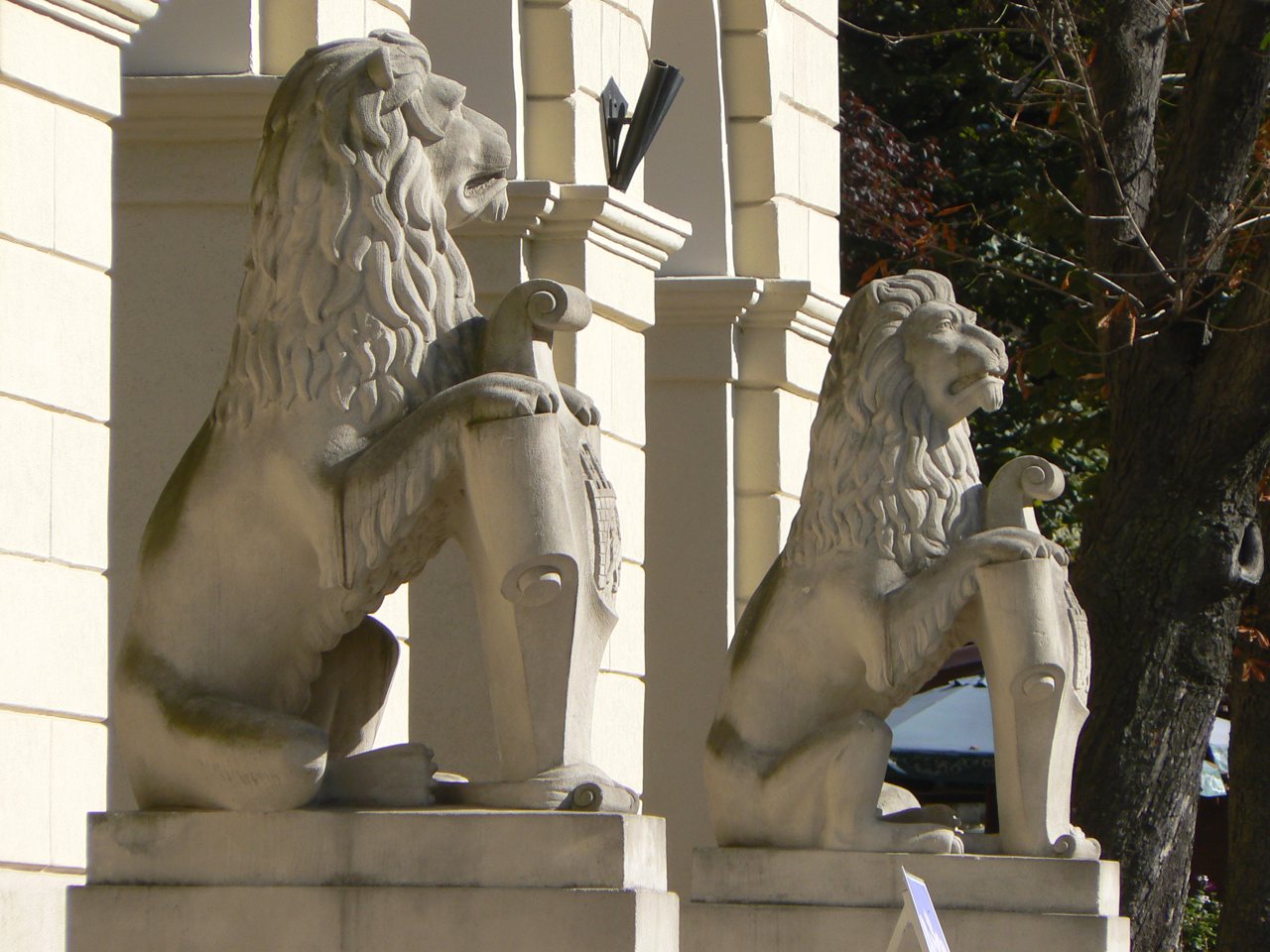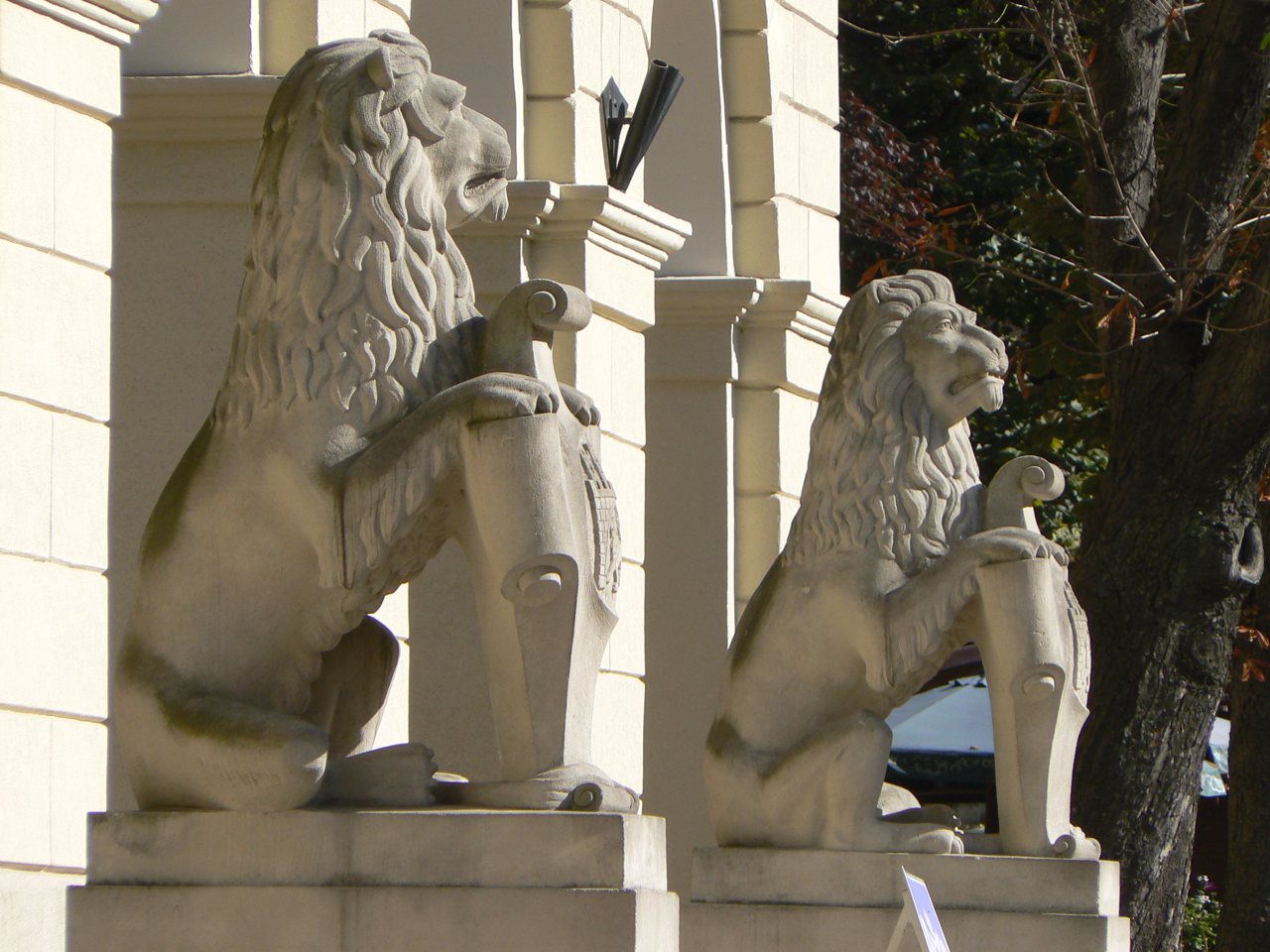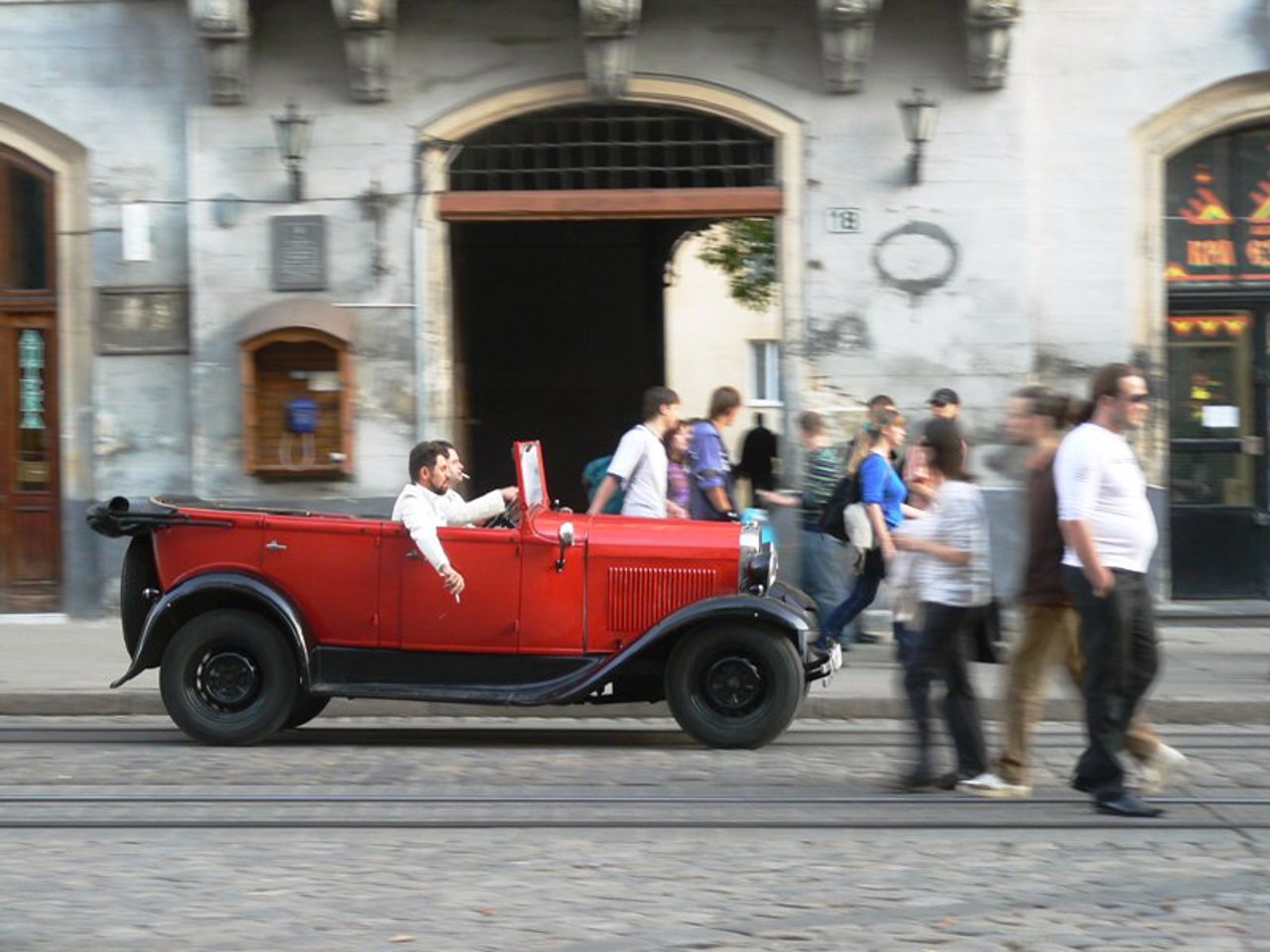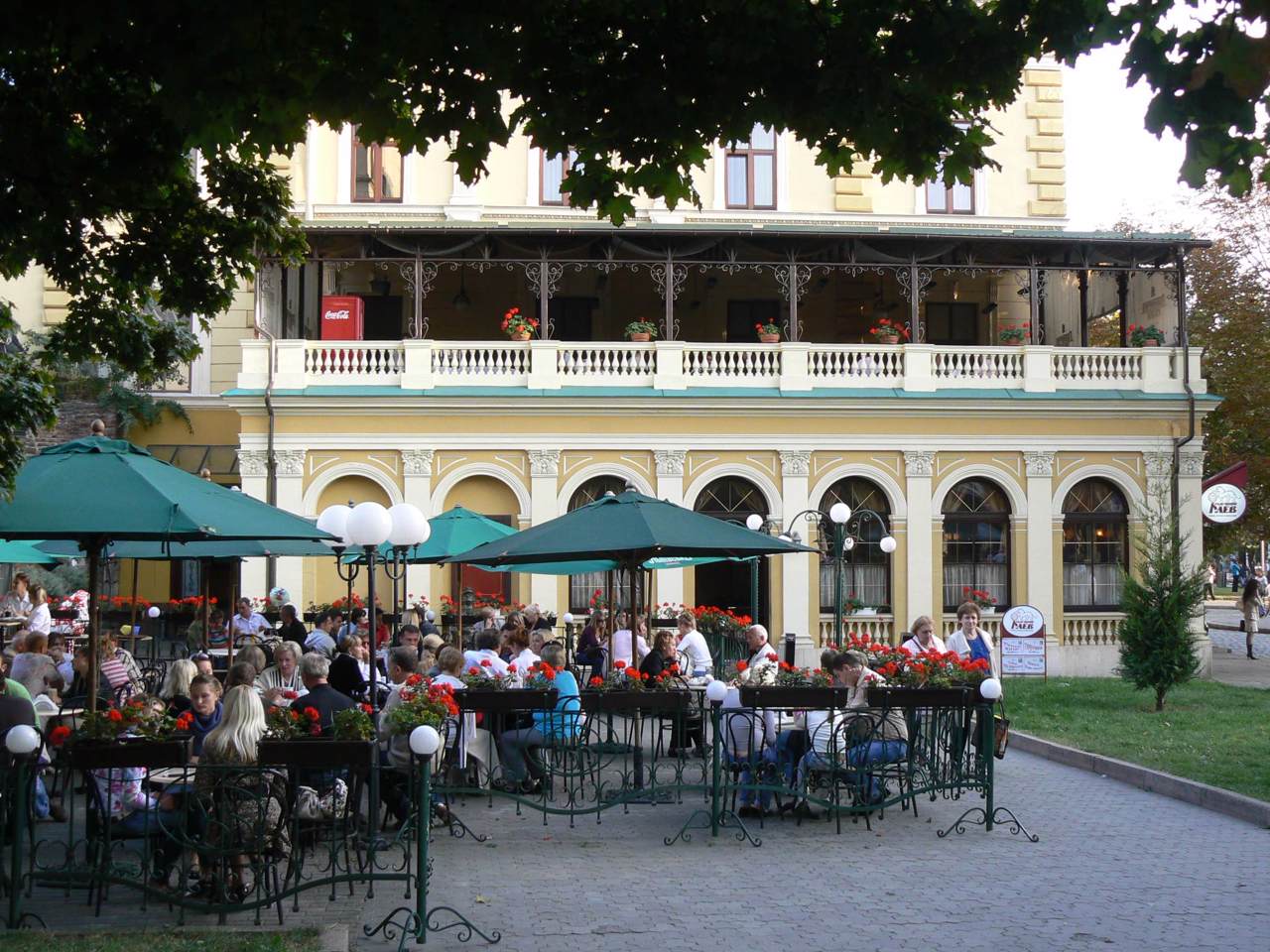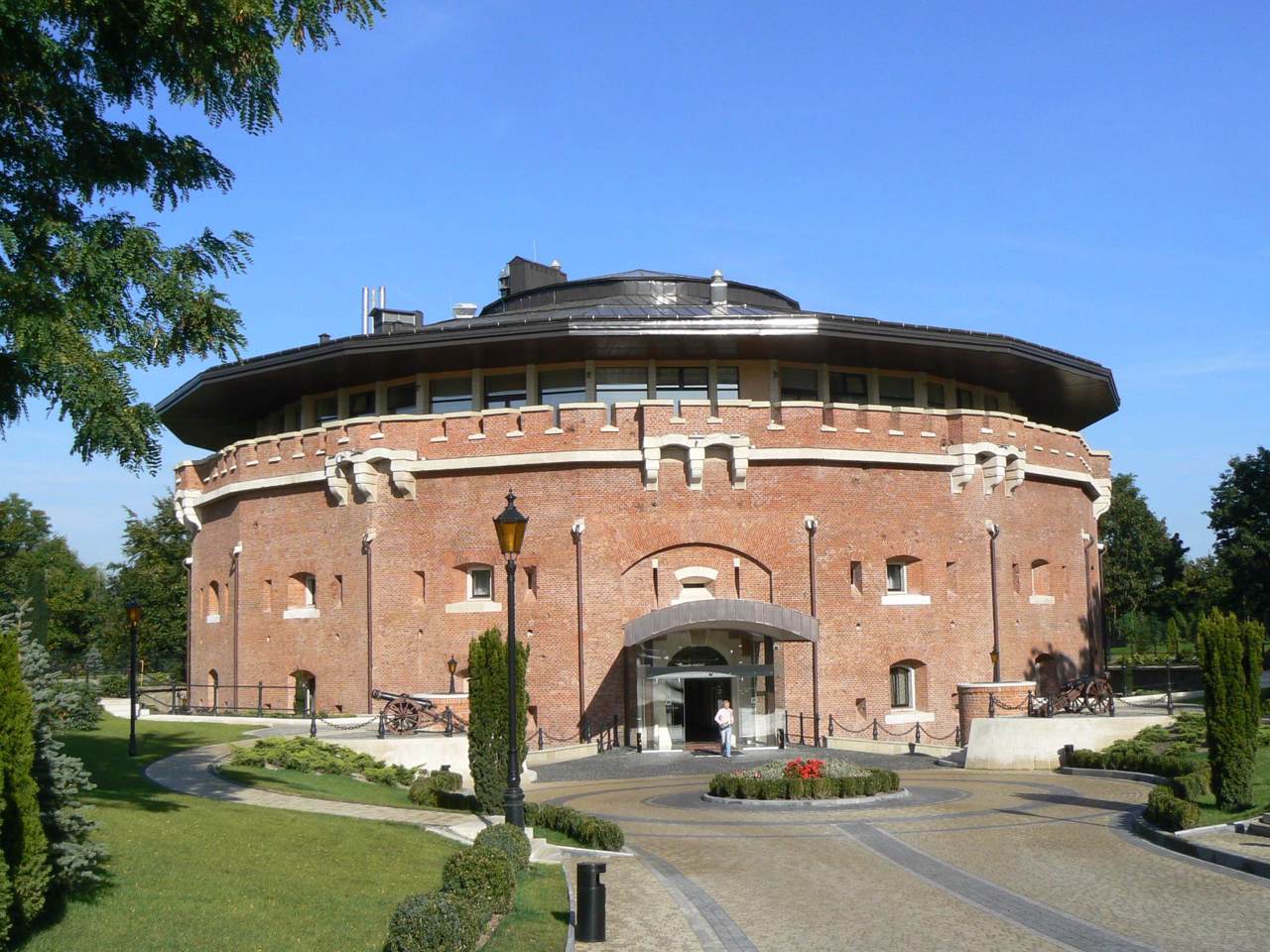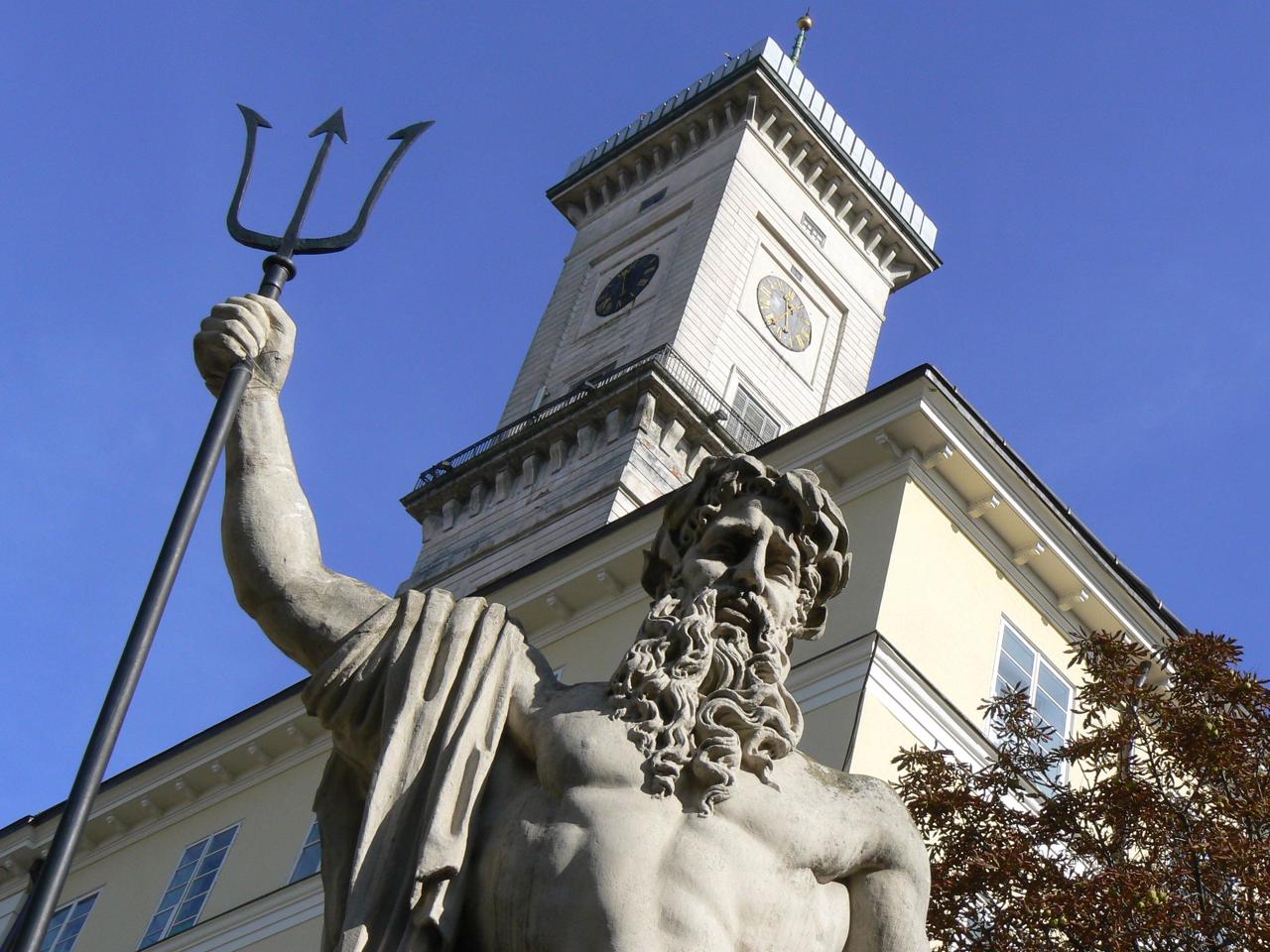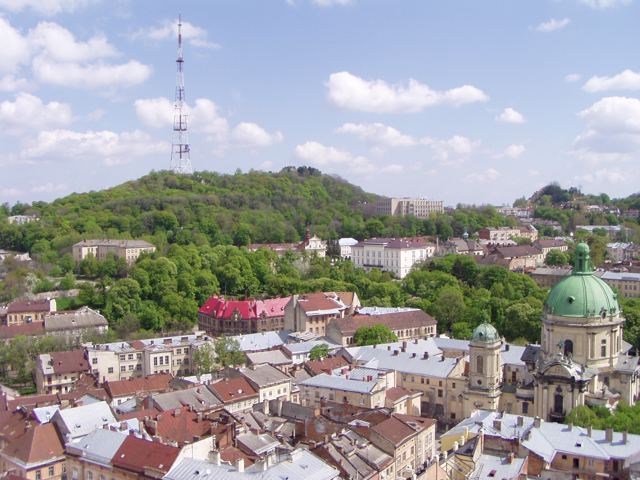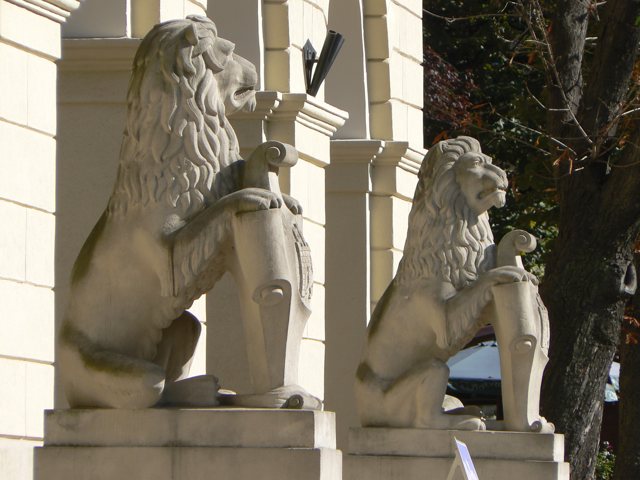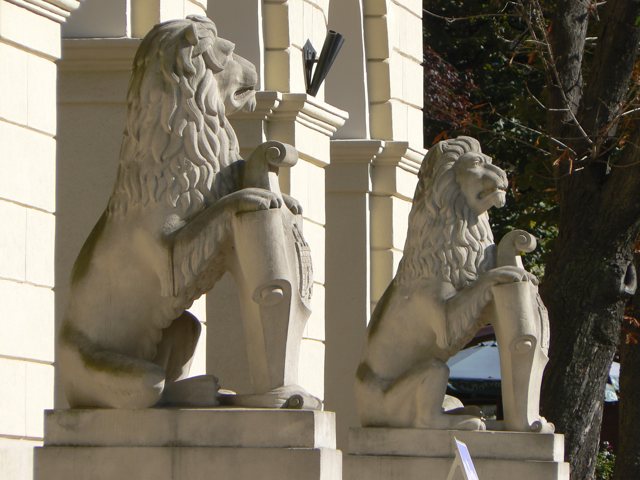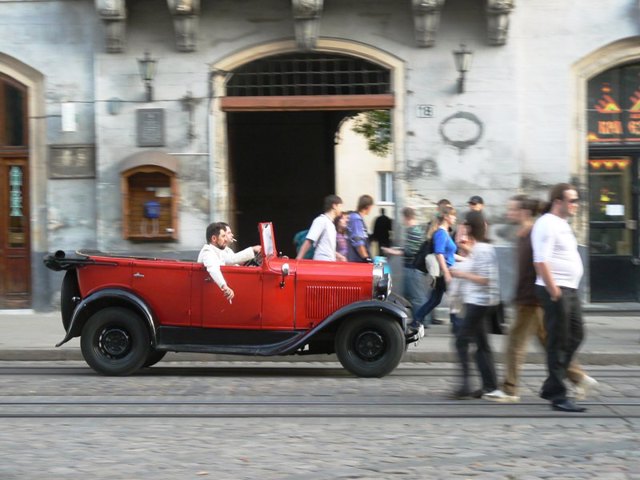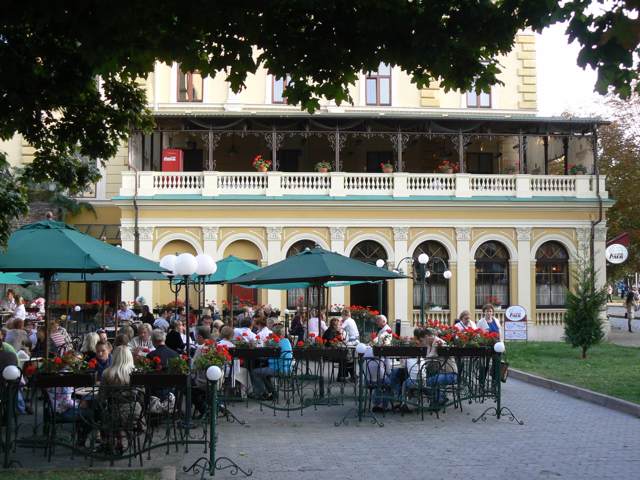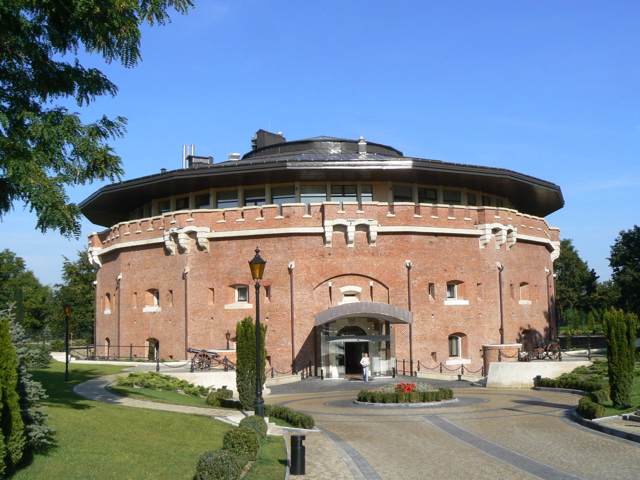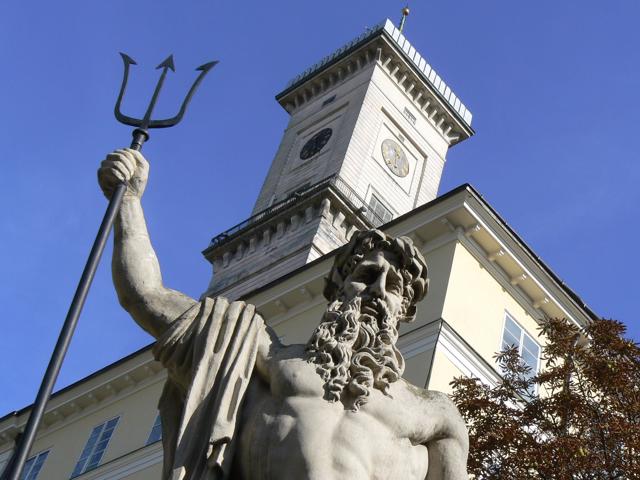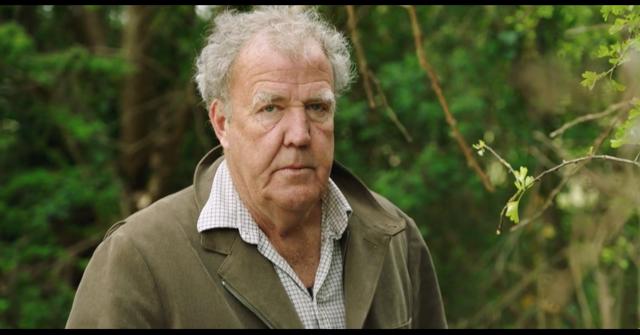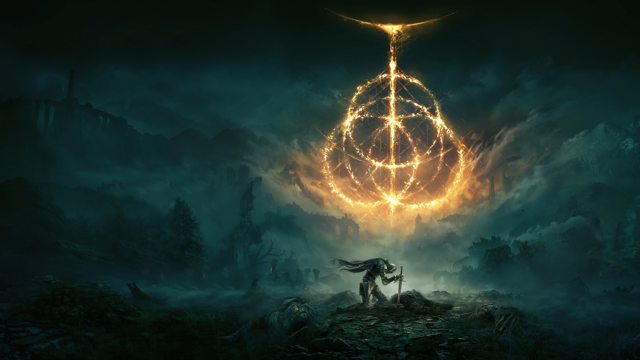Functional temporarily unavailable
General information about Lviv
Economic and cultural center of Western Ukraine. Founded in the middle of the XIII century. Prince Danila Galitsky and named after his son Leo. The first mention in chronicles - 1256. In 1270, by order of Prince Leo, it became the capital of the Galicia-Volyn state. From 1387 it was ruled by the Polish kings, then by Austria, then again by Poland, until in 1939 it was captured by the Red Army and became part of Ukraine. He survived more than 30 wars, sieges and fires, but each time he rose from the ruins. In architecture, different styles and eras are fancifully mixed: Gothic and Baroque, Renaissance and Romanesque, Rococo and Empire, modern eclecticism and constructivism. Lviv patrons of the XVI-XVII centuries invited talented craftsmen from all over Europe who created a unique gem of ...
Economic and cultural center of Western Ukraine. Founded in the middle of the XIII century. Prince Danila Galitsky and named after his son Leo. The first mention in chronicles - 1256. In 1270, by order of Prince Leo, it became the capital of the Galicia-Volyn state. From 1387 it was ruled by the Polish kings, then by Austria, then again by Poland, until in 1939 it was captured by the Red Army and became part of Ukraine. He survived more than 30 wars, sieges and fires, but each time he rose from the ruins. In architecture, different styles and eras are fancifully mixed: Gothic and Baroque, Renaissance and Romanesque, Rococo and Empire, modern eclecticism and constructivism. Lviv patrons of the XVI-XVII centuries invited talented craftsmen from all over Europe who created a unique gem of architecture. The historic center is very well preserved and is listed as a UNESCO World Heritage Site, although many buildings are in urgent need of renovation. The city has a well-developed tourist infrastructure, there are many hotels and restaurants of various levels. Tourists are especially attracted by the bohemian atmosphere of Lviv coffee houses. Lviv City Day is celebrated on May 6, the Day of St. George, the patron saint of the city. Many other holidays and festivals are held regularly.
Економічний і культурний центр Західної України. Заснований в середині XIII ст. князем Данилом Галицьким і названий ім'ям його сина Лева. Перша літописна згадка - 1256 рік. В 1270 році за наказом князя Лева стало столицею Галицько-Волинської держави. З 1387 року місто перебувало під владою польських королів, потім Австрії, потім знову Польщі, доки в 1939 році не було захоплене Червоною Армією та увійшло до складу України. Пережило більше 30 війн, облог і пожеж, але кожен раз піднімалося з руїн. В архітектурі химерно змішалися різні стилі та епохи: готика та бароко, ренесанс і романський стиль, рококо та ампір, сучасні еклектика й конструктивізм. Львівські меценати XVI-XVII ст. запрошували талановитих майстрів з усієї Європи, які створили унікальну перлину архітектури. Історичний цен ...
Економічний і культурний центр Західної України. Заснований в середині XIII ст. князем Данилом Галицьким і названий ім'ям його сина Лева. Перша літописна згадка - 1256 рік. В 1270 році за наказом князя Лева стало столицею Галицько-Волинської держави. З 1387 року місто перебувало під владою польських королів, потім Австрії, потім знову Польщі, доки в 1939 році не було захоплене Червоною Армією та увійшло до складу України. Пережило більше 30 війн, облог і пожеж, але кожен раз піднімалося з руїн. В архітектурі химерно змішалися різні стилі та епохи: готика та бароко, ренесанс і романський стиль, рококо та ампір, сучасні еклектика й конструктивізм. Львівські меценати XVI-XVII ст. запрошували талановитих майстрів з усієї Європи, які створили унікальну перлину архітектури. Історичний центр дуже добре зберігся і внесений до списків світової спадщини ЮНЕСКО, хоча багато будинків наполегливо вимагають ремонту. Місто має добре розвинену туристичну інфраструктуру, тут багато готелів і ресторанів різного рівня. Туристів особливо приваблює богемна атмосфера львівських кав'ярень. День міста Львова відзначається 6 травня, в День Св. Юрія, покровителя міста. Регулярно проводиться безліч інших свят і фестивалів.
Сплануй своє перебування у Lviv
What to see and where to go in Lviv
Tourist attractions and museums of Lviv
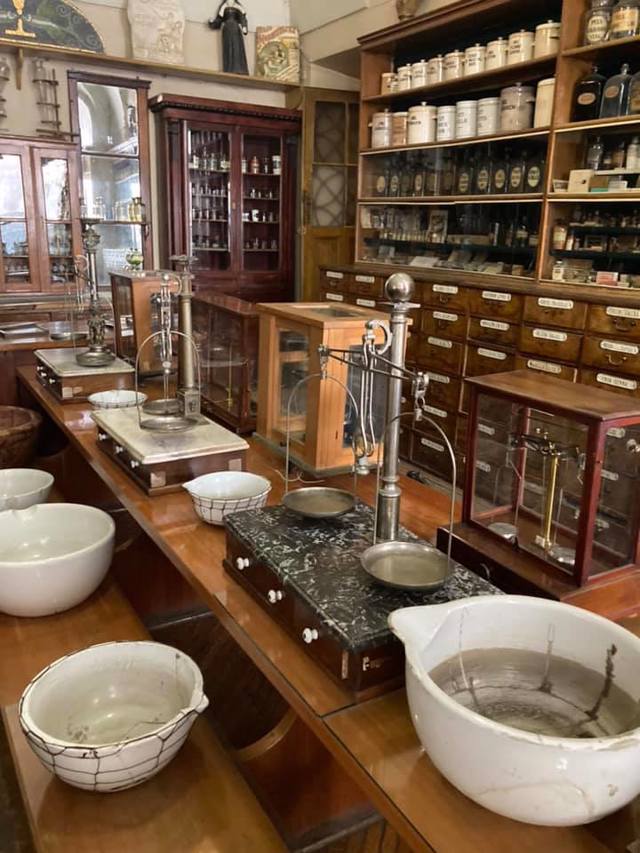
Pharmacy-museum Under the black eagle
Museum / gallery
The oldest pharmacy in Lviv has been operating on Rynok Square for almost 300 years. The pharmacy in the townhouse "Under the Black Eagle" was opened in 1735 by a military pharmacist Franz Wilhelm Natorp, as evidenced by a wrought-iron sign with the emblem of medicine above the entrance. On both sides of the neat portal there are relief portraits of the god of healing Aesculapius and his daughter - the goddess of health Hygiene. The old interior of the trade hall, paintings by Viennese masters on the ceiling, antique scales and cash registers have been preserved.
In 1966, the Museum of the History of Pharmacy opened here, with an exposition of more than 3,000 exhibits. In the exhibition halls you can see a variety of pharmaceutical devices, reconstruction of the pharmacist's home, an underground alchemical laboratory. The courtyard recreates the view of the house of a rich burgher of the XVI-XVII centuries.
Pharmacy "Under the Black Eagle" continues to serve people today, becoming a state pharmacy № 15. In addition to drugs, you can buy the world-famous "Iron Wine" (aqueous solution of iron sugar used in iron deficiency anemia) and the popular Lviv tincture "Vigor", which is considered a means of increasing potency. Memorable souvenirs are also sold here.
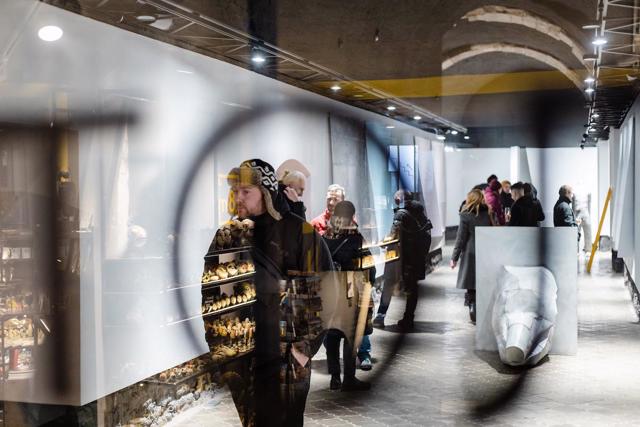
Dziga Art Center
Museum / gallery , Entertainment / leisure
Art Center "Dzyga" in Lviv is the residence of the creative association "Dzyga" - an organization of artists, public figures and entrepreneurs. It has been operating since 1993. The gallery presents contemporary art. Every night the club hosts jazz or blues concerts. At the gallery there is a cafe "Under the Hourglass" - a meeting place of Lviv bohemians with a democratic and creative atmosphere.
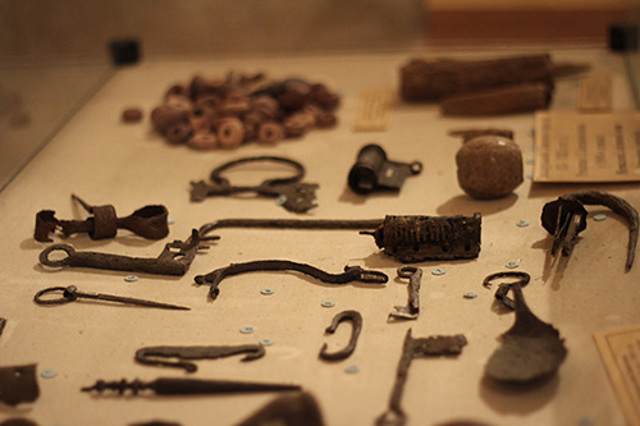
Archaeological Museum of the Institute of Ukrainian Studies
Museum / gallery
Archaeological Museum of the Institute of Ukrainian Studies named Ivan Krypyakevych of the National Academy of Sciences of Ukraine has been working in Lviv since 2001. Located in the historic building of the Shevchenko Scientific Society, that previously led the Ukrainian archaeological research in Galicia. The museum presents artifacts from the Paleolithic to the late Middle Ages, found in Western Ukraine. Along with the original artifacts of stone, bone, horn, clay, ferrous and non-ferrous metals, life-size reconstructions of Paleolithic housing methods (more than 50,000 years ago) during the existence of the Trypillia culture (IV-III millennium BC), in the early Slavic period (V-VII centuries AD), the ancient methods of leather processing, drilling of stone axes, making pottery, smelting iron, etc. were reproduced. In total, more than 2,000 exhibits were presented.
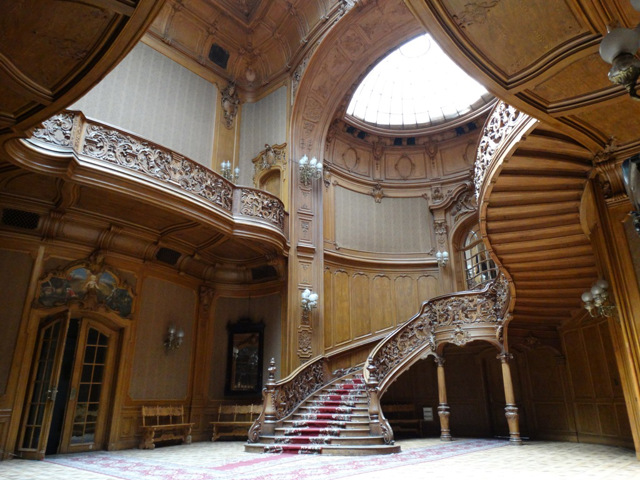
House of Scientists
Architecture , Museum / gallery
The building of the Lviv House of Scientists was built by Fellner and Helmer in 1897-98 according to the project of Viennese architects F. Fellner and G. Helmer. This creative tandem also worked on the George Hotel in Lviv, the Odessa Opera House, and the Chernivtsi City Theater. The construction project was commissioned by the equestrian club. The imposing appearance of the facades of the house is in the neo-baroque style. From 1918 to 1939 the People's (aristocratic, count, noble) casino (meeting) was located here. Since 1948, the Lviv House of Scientists has been located here. Well-preserved interior elements - grand staircase, stucco, alabaster fireplaces, original transparent ceiling, elegant balcony - all this makes the former casino one of the most beautiful and architectural buildings in Lviv. It was here that a scene from the film "D'Artagnan and the Three Musketeers" was filmed, where D'Artagnan climbed the stairs to the cardinal to play chess with him.
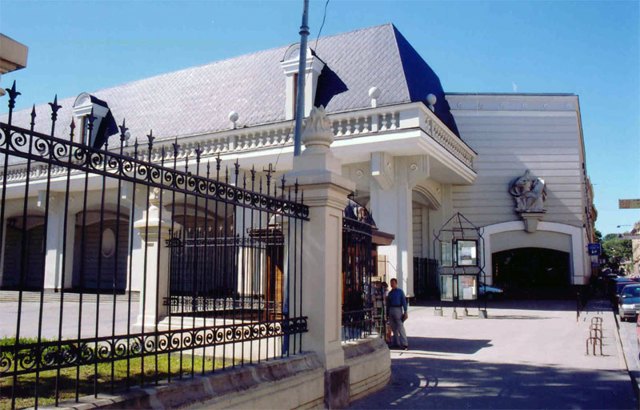
Lviv Palace of Arts
Museum / gallery
The Lviv Palace of Arts Exhibition Complex is the largest exhibition and cultural-artistic center of Western Ukraine. The Art Nouveau building was designed by architect Vasyl Kamenshchyk and built in 1996. The facades are decorated with classic arcade loggias and a sculpture of the patron saint of artists, St. Luke. With a total area of 8.7 thousand square meters, the area of 12 exhibition halls is 3.6 thousand square meters. The palace has a conference hall for 200 people with a stage and an art living room. It hosts such regular events as the International Publishers' Forum, Lviv Autumn Salon "High Castle", All-Ukrainian children's drawing competition "Spring Moods", the annual art exhibition dedicated to Shevchenko's days "Love Your Ukraine ...". On the basis of donated works and documents, the room-museum of Taras Shevchenko is constantly functioning here. The Palace of Arts also houses the St. Nicholas Helpers Factory and hosts the National Chocolate Festival.
Reviews Lviv
Живу тут зараз.
123123123
qwehcaldijnioq34rh23wejcaf adf aef adfjbwbf4f qwehcaldijnioq34rh23wejcaf adf aef adfjbwbf4f qwehcaldijnioq34rh23wejcaf adf aef adfjbwbf4f qwehcaldijnioq34rh23wejcaf adf aef adfjbwbf4f qwehcaldijnioq34rh23wejcaf adf aef adfjbwbf4f qwehcaldijnioq34rh23wejcaf adf aef adfjbwbf4f qwehcaldijnioq34rh23wejcaf adf
aef adfjbwbf4f qwehcaldijnioq34rh23wejcaf adf aef adfjbwbf4f qwehcaldijnioq34rh23wejcaf adf aef adfjbwbf4f qwehcaldijnioq34rh23wejcaf adf aef adfjbwbf4f qwehcaldijnioq34rh23wejcaf adf aef adfjbwbf4f qwehcaldijnioq34rh23wejcaf adf aef adfjbwbf4f qwehcaldijnioq34rh23wejcaf adf aef adfjbwbf4f qwehcaldijnioq34rh23wejcaf adf aef adfjbwbf4f qwehcaldijnioq34rh23wejcaf adf aef adfjbwbf4f qwehcaldijnioq34rh23wejcaf adf aef adfjbwbf4f qwehcaldijnioq34rh23wejcaf adf aef adfjbwbf4f qwehcaldijnioq34rh23wejcaf
adf aef adfjbwbf4f ddsdsd sdsdsd sds sdsd sdsds sds sds
Geographical information about Lviv
| {{itemKey}} | {{itemValue}} |
|---|---|
| Region |
Lviv |

